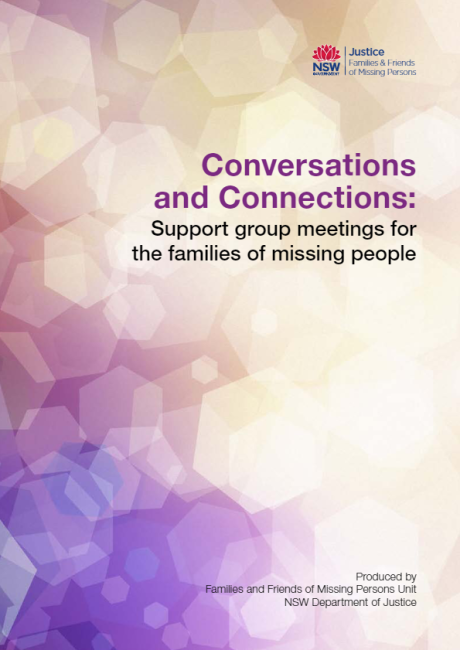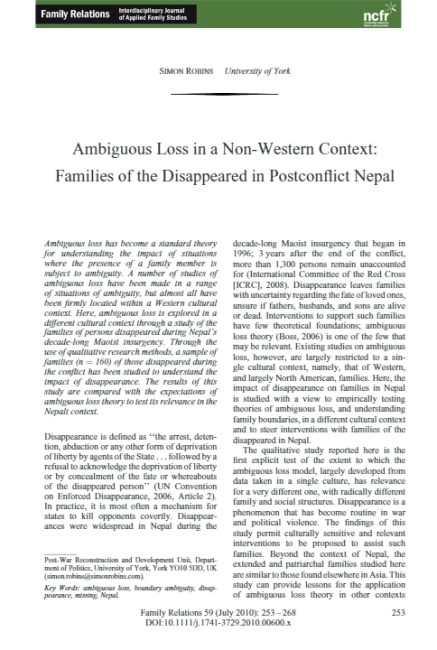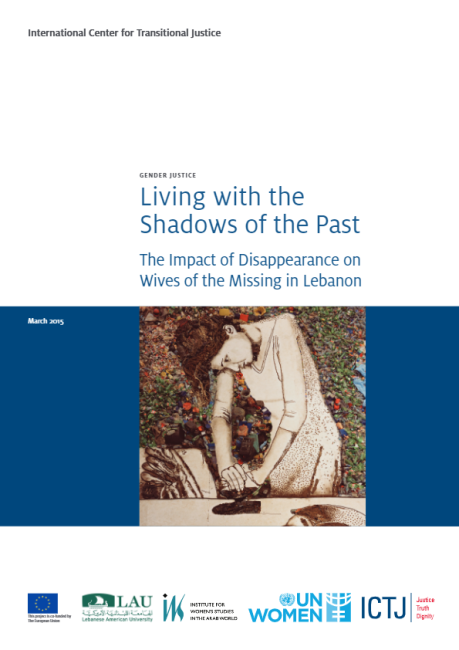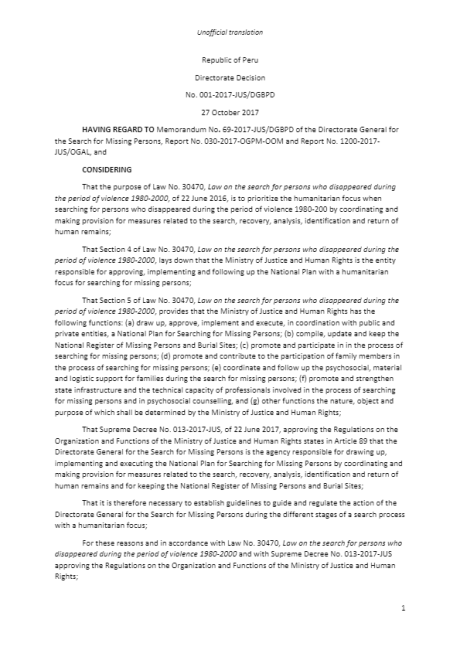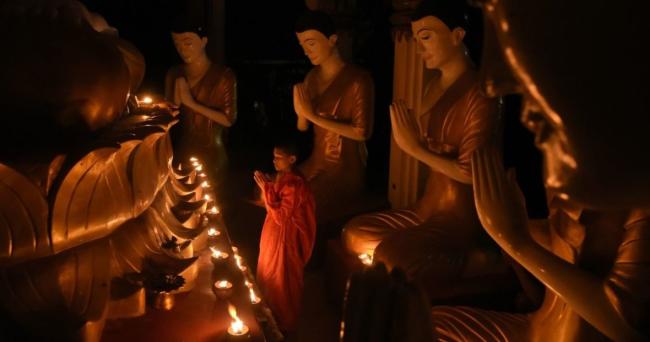
Buddhism and the Role of Ritual in Processing Grief and Ambiguous Loss
This article considers the support that Buddhist ritual practices may offer families and relatives of missing people. Families of missing individuals experience a specifically defined form of grief known as ambiguous loss. Such loss is usually denied the traditional funerary or commemorative practices of other forms of bereavement. Nevertheless, psychologists and humanitarian organizations stress the importance of such practices and their socio-cultural context as a way for families to effectively process ambiguous loss.
Alex Wakefield highlights the value in these practices coming from Buddhist religious groups within Buddhist communities, while noting that disappearances often present exceptionally difficult circumstances for many religious traditions, including Buddhism. Examples are drawn from the Pāli Nikāyas supporting the argument for a “reconfiguration” of ritual to meet these needs, and case studies are cited to demonstrate religious communities supporting, via ritual practices, families of missing individuals. Wakefield therefore proposes ritual as an element of Buddhist praxis that may effectively address the psychological and social requirements for families of missing people.
Alex Wakefield is a writer and researcher. He holds a master’s degree in Buddhist studies from SOAS, University of London, with research focusing on Buddhist and ancient Indian cosmology. He has worked as a visiting lecturer at the University of Greenwich, and currently develops educational programs for Buddhist centers in the UK.


